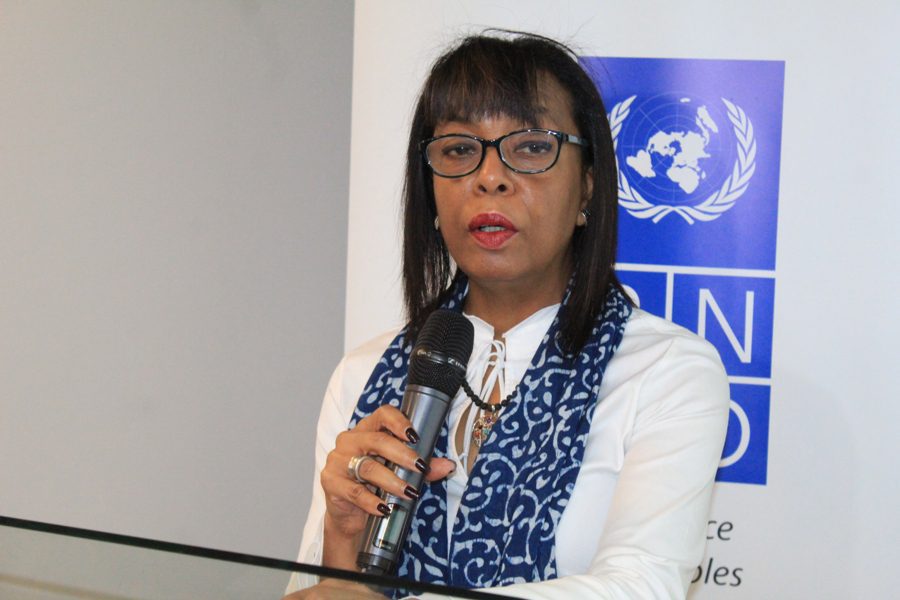The Covid-19 pandemic has impacted the United Nations Development Program’s financial support for certain community development and governance projects in Cote d’Ivoire.
UNDP’s Jonas Mfouatie said during a framing workshop that the program revolves around two pillars: the first is democratic governance and the rule of law and the second concerns the mitigation measures on the impact of the Covid -19.
According to an analysis carried out by UNDP, this impact was highlighted during a joint quarterly review workshop on the cooperation framework, organized by the UNDP Office in Abidjan. The aim of the session was to review the implementation of the 2020 work plans, against the backdrop of the Covid-19 crisis and the mitigation measures that have been adopted.
The analysis made in relation to the impact of Covid-19 on governance and sustainable development programs, demonstrated that “on our target of 12.9 million dollars (7.5 billion FCFA) for this year (2020), with the crisis, the impact only allows us to achieve 7.2 million (4.18 billion CFA francs),” Jonas Mfouatie said.
As a result, “we have implemented mitigation measures, notably the impact on governance (67 percent and sustainable development (40 percent),” which should bring them respectively to a rate of 92 percent and 82 percent, Mfouatie added.
The UNDP Resident Representative in Cote d’Ivoire, Ms. Carol Flore-Smereczniak hailed the fact that this session, which involves the national party, makes it possible to “better target the challenges and expectations of the communities” in the context of the Covid-19-related health crisis.
For his part, the Chief Executive Assistant to the Ivorian Minister of Planning and Development, Yeo Nahoua, said this three-year program contributes to strengthening governance, social cohesion, inclusive growth and support for the implementation of SDGs.
He noted that the framework for implementing the cooperation program has accompanied the completion of 38 projects, 15 of which are closed and 23 are currently underway. These projects concern among other things, the development of human capital and the reduction of inequalities.
These projects also take into account strategic planning, citizen participation, capacity building in community security, conflict prevention, peace-building, and the fight against climate change.
The overall budget of this program amounts to 52.1 million dollars (30.26 billion CFA francs) of which 29.4 million (17.07 billion CFA francs) were mobilized from financial partners (Japan, JICA, the EU, Germany, the USA, the AfDB, the World Bank, etc.) that have helped to implement this cooperation framework.
This joint review, aimed at appraising the implementation of the work plans signed last January for the year 2020, should make it possible to strengthen the framework for cooperation between the Ivorian government and the UNDP.
This session is the continuation of a “dialogue” initiated in Yamoussoukro with all stakeholders on the roadmap, programming principles, development issues, which can be addressed with the support of UNDP.
It made it possible to outline a roadmap of the United Nations framework for cooperation for sustainable development (CCDD) 2021-2025 in Cote d’Ivoire. This roadmap should be broken down into programs.
Since 2012, Cote d’Ivoire has drawn up a National Development Program (PND, 2012-2015 and 2016-2020), enabling the country to record exceptional performances with an average real GDP of 8.5 percent (compared to 3.6 percent for sub-Saharan Africa) from 2012 to 2018.
Real GDP per capita, on the other hand, increased by 7 percent on average annually, representing an overall evolution of 46.5 percent from 2011 to 2018. These achievements, today, could experience a drop due to the impact of the Covid-19 on the country’s economy.
APA/ls/fss/Dng/APA


